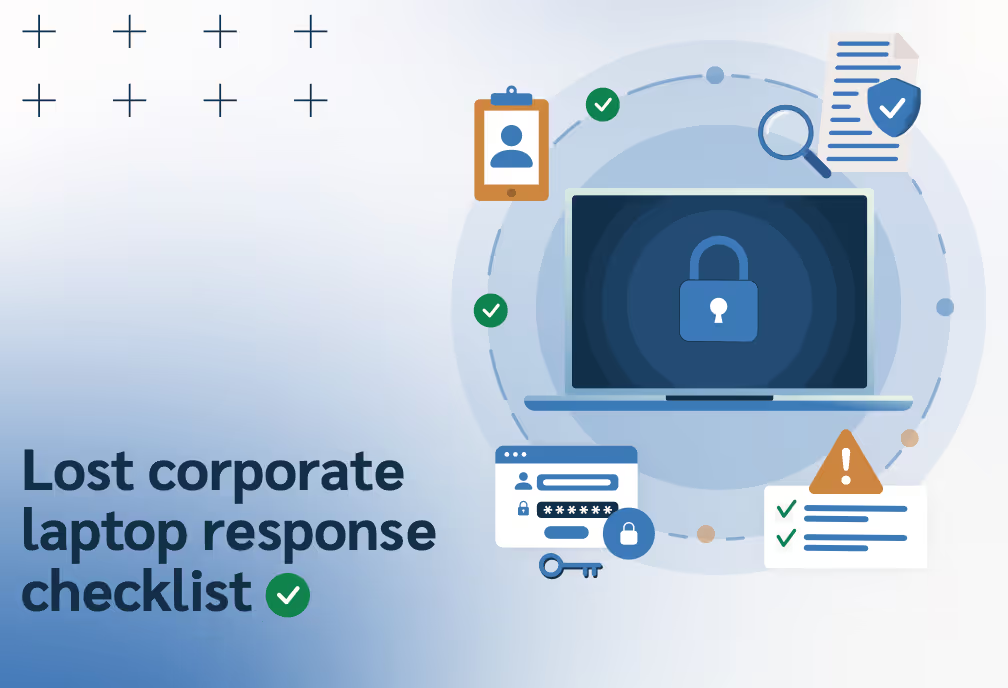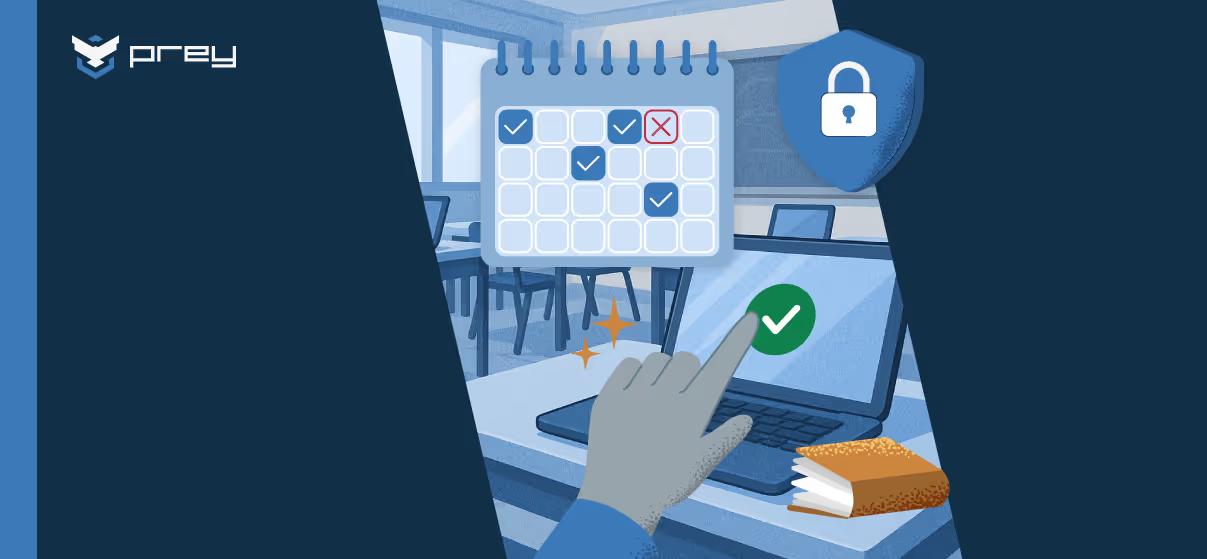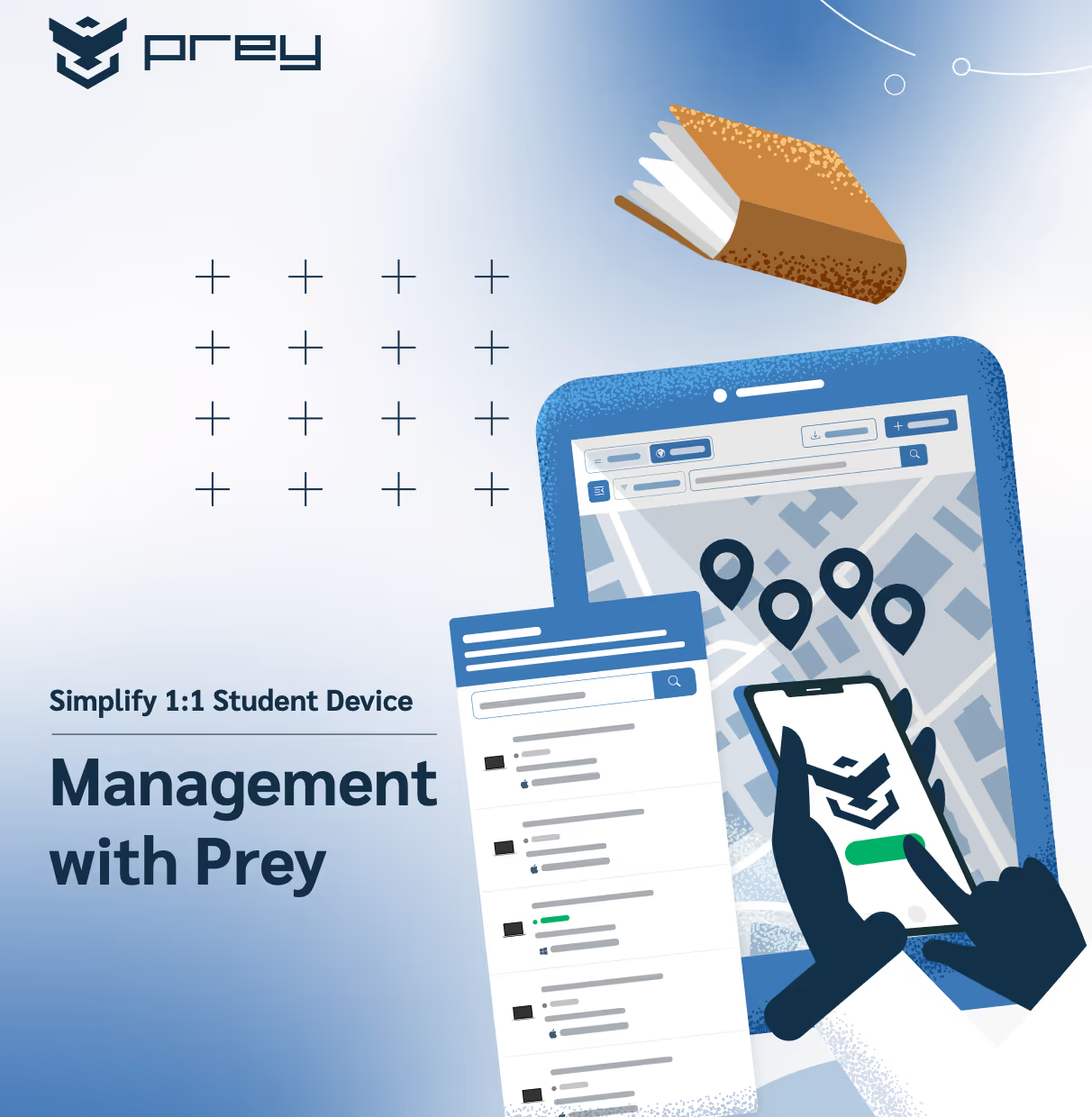Editor’s Picks

Most MDMs are built for enterprise IT teams. This guide covers the best options for small businesses — GPS tracking, remote wipe, cross-platform support — with a clear pick for your team's size and budget.
A comprehensive guide to remote device management in today's hybrid workplace. Learn essential strategies, tools and best practices to secure and manage your distributed device fleet effectively.
Lost corporate devices cost far more than hardware. Learn how data exposure, downtime, and ghost devices add up—and how tracking and remote wipes cut those risks.
Discover how geofencing secures business devices with automated control zones. Enforce location-based policies, reduce risks, and support compliance.
Cyber Threats
Explore the secrets hiding in the dark web with this essential guide for IT leaders. Learn how to improve security and fight online dangers.
The increased autonomy that makes agentic AI so powerful also amplifies existing AI risks while introducing entirely new, unpredictable challenges that demand immediate security attention from organizations and security teams.
AI has already had a huge impact on cybersecurity for both defenders and attackers. But Agentic AI promises an even greater battlefield.

Discover what cyber threats are, where they come from, and how to prevent them. Learn about the most common attacks and explore prevention strategies.
Data Security
Corporate laptop asset tracking guide for 2026. Learn how tracking works, key features, compliance requirements, and how to protect distributed teams.
Protect school-issued devices and student data. Learn key threats, FERPA requirements, and best practices to secure laptops, Chromebooks, and endpoints at scale.
Learn what remote wipe is, how it works, and why it’s vital to protect sensitive data on lost or stolen devices with secure wipe software.

Learn how to protect your Android device with remote wipe options. Discover step-by-step instructions and tips to keep your data safe.
Endpoint Management

Most MDMs are built for enterprise IT teams. This guide covers the best options for small businesses — GPS tracking, remote wipe, cross-platform support — with a clear pick for your team's size and budget.
Remote work expands your attack surface. Learn the essential controls—MFA, encryption, endpoint protection, MDM, and lost device response—to stay secure.
Learn what Device Lifecycle Management is, its 5 key stages, benefits, challenges, and best practices to improve ROI, security, and compliance in 2026.
A comprehensive guide to remote device management in today's hybrid workplace. Learn essential strategies, tools and best practices to secure and manage your distributed device fleet effectively.
Discover Our E-Books Collection
Explore our diverse range of e-books on various topics.
Ready to give Prey
a go?
Join Prey and safeguard your devices with a cybersecurity system in place. Get peace of mind now.



